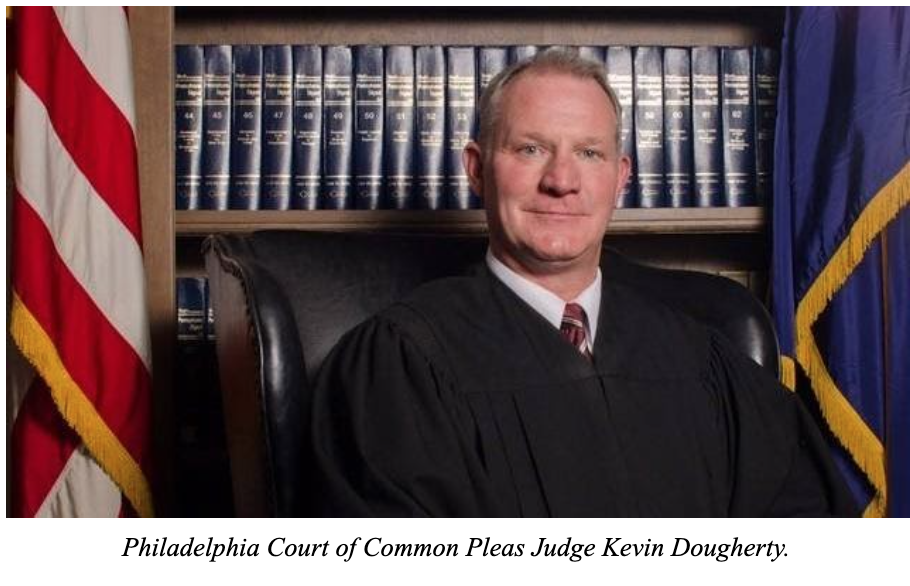Just a few days ago, Pennsylvania Supreme Court Justice Kevin Dougherty took a step forward for the autistic community. In one of his recent cases, he dealt with a juvenile on the autism spectrum for the first time, which is why he was unaware of how to deal with the juvenile’s different behaviors or mannerisms than the ones he was used to dealing with. As the Philadelphia court judge worked to establish the “disposition of the young man’s case,” he was frustrated with the juvenile’s behavior, voicing his initial frustrations to The York Dispatch: “The juvenile was unresponsive. I asked him to look me in the eye and he wouldn’t. I was finding his behaviors as being incorrigible and borderline delinquent.”
Fortunately, the juvenile’s mother advocated for her son, informing Dougherty that the juvenile wasn’t intending to defy the judge out of malicious intent. “I had viewed myself as a forward-thinking judge and was pretty much humiliated and embarrassed,” Dougherty recalled.
After that court proceeding, Dougherty sought to educate himself and others on autism spectrum disorder.
When Dougherty took charge as head of Philadelphia’s family court, he informed the other judges and people working in the court system on how autistic individuals may have different court needs (such as the need for an environment where they feel comfortable, and further psychological support), and “might not share their diagnoses unprompted.” An advocate for autistic individuals, Dougherty wishes to see changes in the way those on the autism spectrum are served and perceived in court, “whether they be defendants, victims, witnesses, jurors or other participants.” Dougherty expressed, “What I want is an understanding and newfound sensitivity to the fact that individuals who come before the court … may be on the spectrum … I’m really looking forward to some self-reform by judges and anyone in our system … [which] will ultimately lead to judicial reform.” With the help of the Administrative Office of Pennsylvania Courts, he has created an online virtual listening tour about criminal justice reform regarding autistic people.

“I want the conversation to spark an understanding, or at least an awareness,” he said. “I’ve learned that autism is not a disability. It’s just a different ability.
In the past, autistic people weren’t recognized, and to this day, a lot of people don’t know much about the disorder. The general population is aware of Autism Spectrum Disorder, but this knowledge must expand in order for autistic individuals to experience a higher quality of life. Our world was designed to accommodate neurotypical people, while there is still not much thought put into doing the same for the autistic community.
What are the steps society needs to take in order to address this issue? It is important to implement a far-reaching education about their neurological contrasts and for the neurotypical majority to keep an open mind and offer accommodations for circumstances that may not initially appear as “unfriendly” for autistic people. Autism awareness day was on Friday, April 2, and as this month progresses, awareness regarding discrimination against autistic people will be raised.
Scolforo, Liz Evans. “Justice Eyes Court Reforms to Serve Those on Autism Spectrum.” U.S.
News. 27 March 2021. https://www.usnews.com/news/best-states/pennsylvania/articles/2021-03-27/justice-eyes-court-reforms-to-serve-those-on-autism-spectrum.

